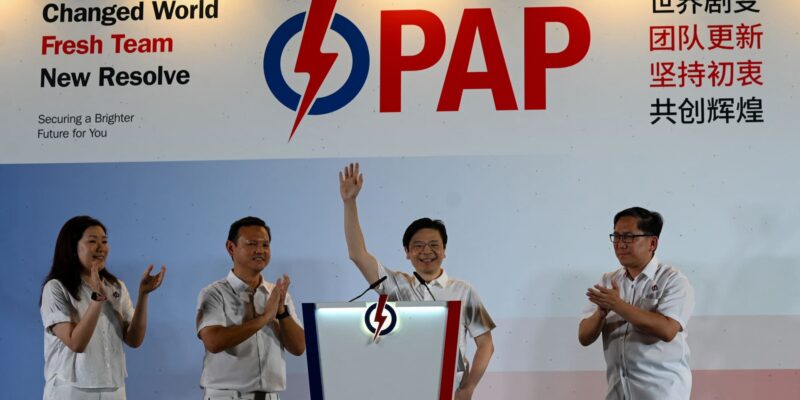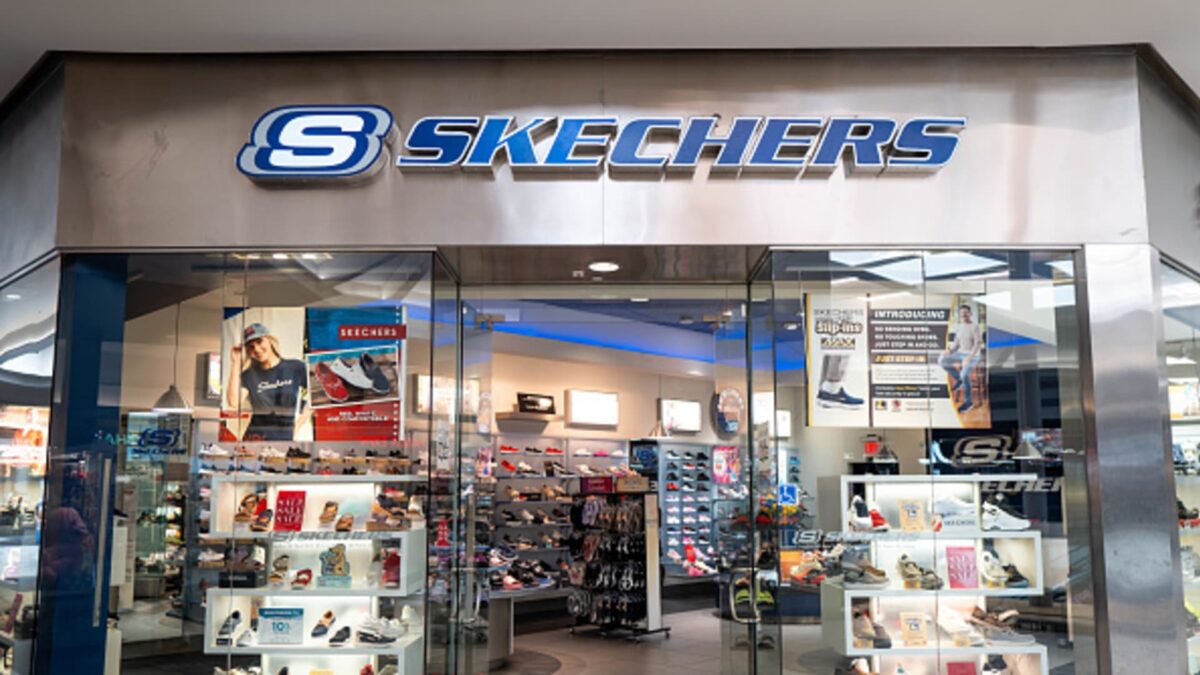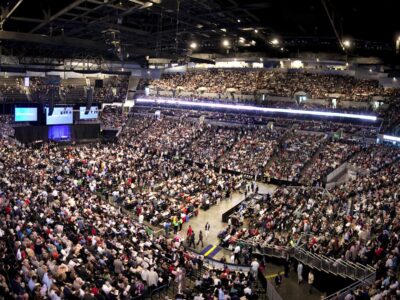
Singapore Prime Minister Lawrence Wong of the Individuals’s Motion Get together (PAP) waves to supporters as he celebrates on the social gathering’s gathering centre through the basic election outcomes, in Singapore on Might 3, 2025. Singapore’s ruling social gathering headed for a crushing victory at basic elections on Might 3, pattern counts confirmed, with voters giving Prime Minister Lawrence Wong the clear mandate he was searching for.
Roslan Rahman | Afp | Getty Photos
Singapore’s ruling Individuals Motion Get together expectedly returned to energy in a landslide victory within the nation’s 14th basic election.
The PAP bagged 87 seats within the 97-seat parliament, whereas the primary opposition Employees Get together held on to its 10 seats in an election that noticed a record-low turnout of 92.47%, based on home media. Voting in Singapore is obligatory for residents above 21.
Votes have been solid for 92 seats, after the PAP received 5 seats in a walkover on Nomination Day on April 23.
The ruling social gathering additionally elevated its vote share, garnering 65.57% of the nationwide vote in comparison with the 61.2% seen within the 2020 election.
This election was Prime Minister Lawrence Wong’s first as prime minister, and was dominated by value of residing points, in addition to job prospects within the nation and financial progress, based on native media outlet CNA.
Wong is the primary PAP chief to have improved the social gathering’s vote share in his first election.
The PAP’s vote share fell within the 1991 and 2006 elections, when Singapore noticed a change in prime minister in 1990 and 2004.
Wong, who can also be finance minister, took over from Lee Hsien Loong in Might 2024. Lee at the moment serves as Senior Minister in Wong’s cupboard.
The PAP has dominated Singapore since 1959, when the city-state beneath the British gained full self-government. Singapore turned impartial in 1965.
Talking after the election, Wong mentioned that he was “deeply humbled and grateful for the outcomes,” including that “Singaporeans have given the PAP a transparent and powerful mandate to manipulate.”
“The outcomes will put Singapore in a greater place to face this turbulent world. Many are watching the elections intently, whether or not it is worldwide media, buyers or overseas governments, they may have taken be aware of tonight’s outcomes. It is a clear sign of belief, stability and confidence in your authorities.”
Early Sunday morning, the U.S. State Division congratulated Wong on the PAP’s victory, saying it seems to be ahead to working intently with the brand new authorities to strengthen financial progress and protection ties.
European Fee President Ursula von der Leyen additionally mentioned in a put up on X that the EU valued its “glorious cooperation” with Singapore.
“Our partnership is deepening, in commerce and funding, and in addition defence, safety, innovation,” she added.
The election additionally comes as Singapore grapples with slowing financial progress and an unsure commerce state of affairs.
In April, Singapore had downgraded its GDP progress forecast to 0%-2%, with the nation’s financial authority easing coverage twice this yr.
First-quarter GDP for the nation got here in decrease than anticipated, at 3.8%.
Wong had warned earlier this yr that Singapore could go right into a recession in 2025, and had shaped a process power led by Deputy Prime Minister Gan Kim Yong in April to assist companies and employees navigate the fast uncertainties arising from U.S. tariffs and associated world developments.
Gan held a name with U.S. Commerce Secretary Howard Lutnick final month. Singapore is searching for concessions for pharmaceutical exports to the U.S., whereas additionally working with Washington to strengthen export controls for high-end AI chips, Gan mentioned following the assembly.
Nevertheless, he additionally mentioned Lutnick conveyed that the ten% baseline tariff imposed by the Trump administration in early April was an “umbrella,” and unlikely topic to negotiation.
Singapore was hit with the ten% tariff, regardless of having a commerce deficit with the U.S. and a free commerce settlement since 2004.










